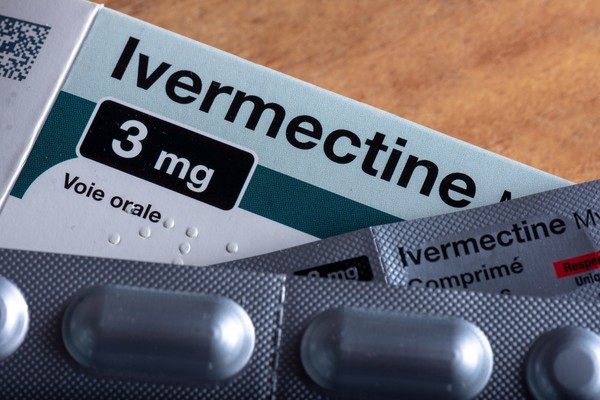When we were innocent children first encountering the vast abyss called the Internet, the very first thing we learned, hopefully, was to not believe everything on the Internet — may it be Wikipedia in its early days, fake profiles on Myspace, or random strangers chatting you up in chatrooms. It was easy to doubt the validity of many things on the Internet back then, especially with dubious sources and blank profile images, but can we say the same today? With more and more people using social network platforms both in frequency and amount, it is much easier to trust someone with a valid email address and seemingly normal profile photo — even if the account is fake — just like how we trust actual people around us, and this brings a whole truckload of trouble.
The issue of fake news has plagued social media platforms such as Facebook, Instagram, and Twitter in the past few years, mostly in the political and social scenes. Fake news was mostly slander that affected politics more than anything, but with COVID-19, toxic users have used these platforms to spread misinformation about the disease and the vaccines, ultimately leading to a major public health issue. Thankfully, many platforms have noticed this growing problem and have tackled them in various ways. Facebook accepts reports and bans accounts and posts containing fake news. Twitter labels tweets with fake news as misleading information. While these veteran social media platforms have steadily addressed this issue, the newer counterparts, such as Reddit and TikTok, are lagging behind.

On Reddit, a social network platform well known for its communities called “subreddits” dedicated to specific topics, subreddits such as /r/NoNewNormal and /r/ivermectin have been spreading misinformation about the effectiveness of masks and COVID-19 vaccines, while promoting ivermectin, a horse dewormer, as a more effective cure for COVID-19. While many users have complained to Reddit about subreddits spreading fake news, there was no action taken against them until bigger subreddits decided to switch to private to protest against the site. Only then Reddit banned /r/NoNewNormal. While Reddit’s decision to ban /r/NoNewNormal is the right move in tackling fake news that still plagues the site, Reddit’s action against fake news is still lukewarm.
I understand why moderators of these platforms would be careful to censor information and ban users. Unlike Facebook, Instagram, and Twitter that have 100 million and even billions of daily users, Reddit and TikTok are still around the 10 million mark. While 10 million is no small number, it is nothing compared to the older social media platforms. One wrong move with banning and censoring content may result in a free speech scandal that can lead to millions of users boycotting the platform, which can have a more devastating effect on newer platforms than on the older ones. Nevertheless, that does not mean they are free from the responsibility to provide a safer platform for their users.
Fake news is more than worthless slander and photoshopped images. On a platform with potentially millions of views with millions of gullible users, misinformation can take the lives of billions because of carelessness, especially in times like these. Even with the roll-out of vaccines, new cases are still on the rise, reaching more than 600,000 cases daily. While developing countries are reporting new cases because of the lack of vaccines, fake news is hindering the vaccination efforts in developed countries with vaccine surplus.
We cannot solely blame users who were misled by this information. Yes, we should not believe everything that is on the Internet, but when everyone you know and trust both online and offline starts sharing fake news which eventually surrounds you, how do you discern the truth from lies? Social media platforms and their moderators are the only ones with the power to prevent such situations from happening by removing harmful content before they get to the users.
Before, the responsibility to discern accurate information on the Internet lay with us, the users. This responsibility now lies with social media platforms and their moderators. While users should still continue to increase media literacy, there is just too much information for a mere individual to evaluate, unlike the early days of the Internet. These platforms earned influence, fame, and money through the users, and now it is time for them to return the favor by protecting their users by controlling fake news. Just like ol’ Uncle Ben said, “with great power comes great responsibility.”

